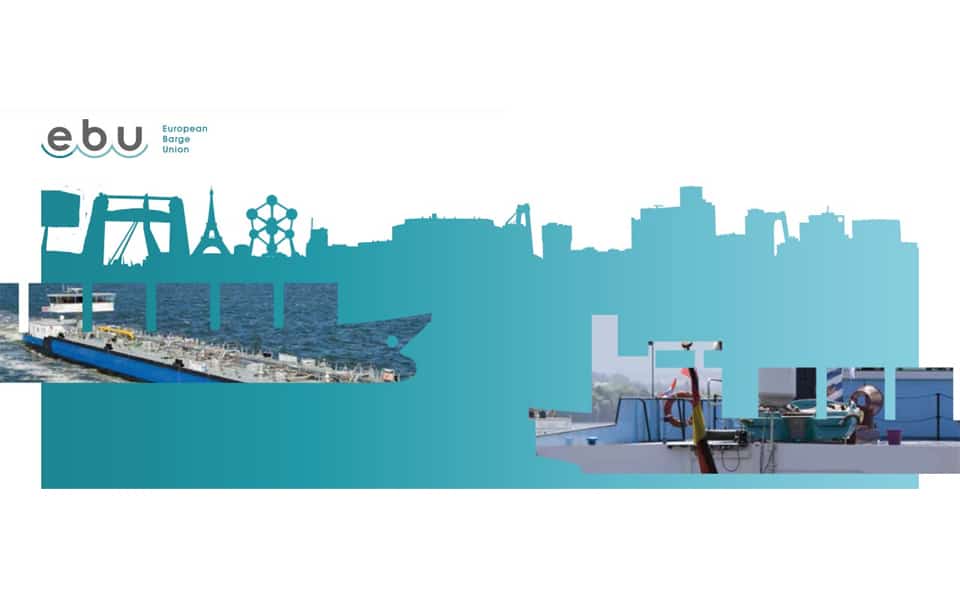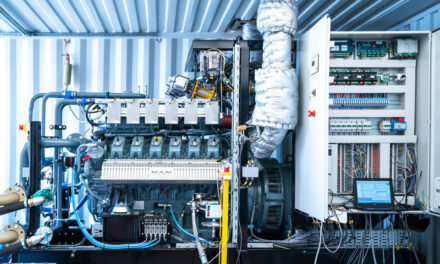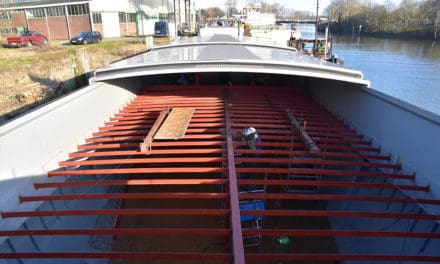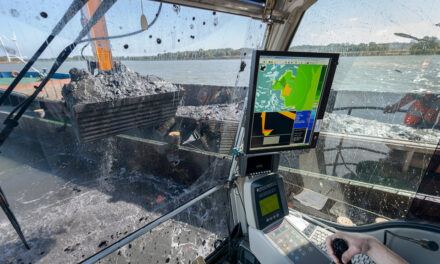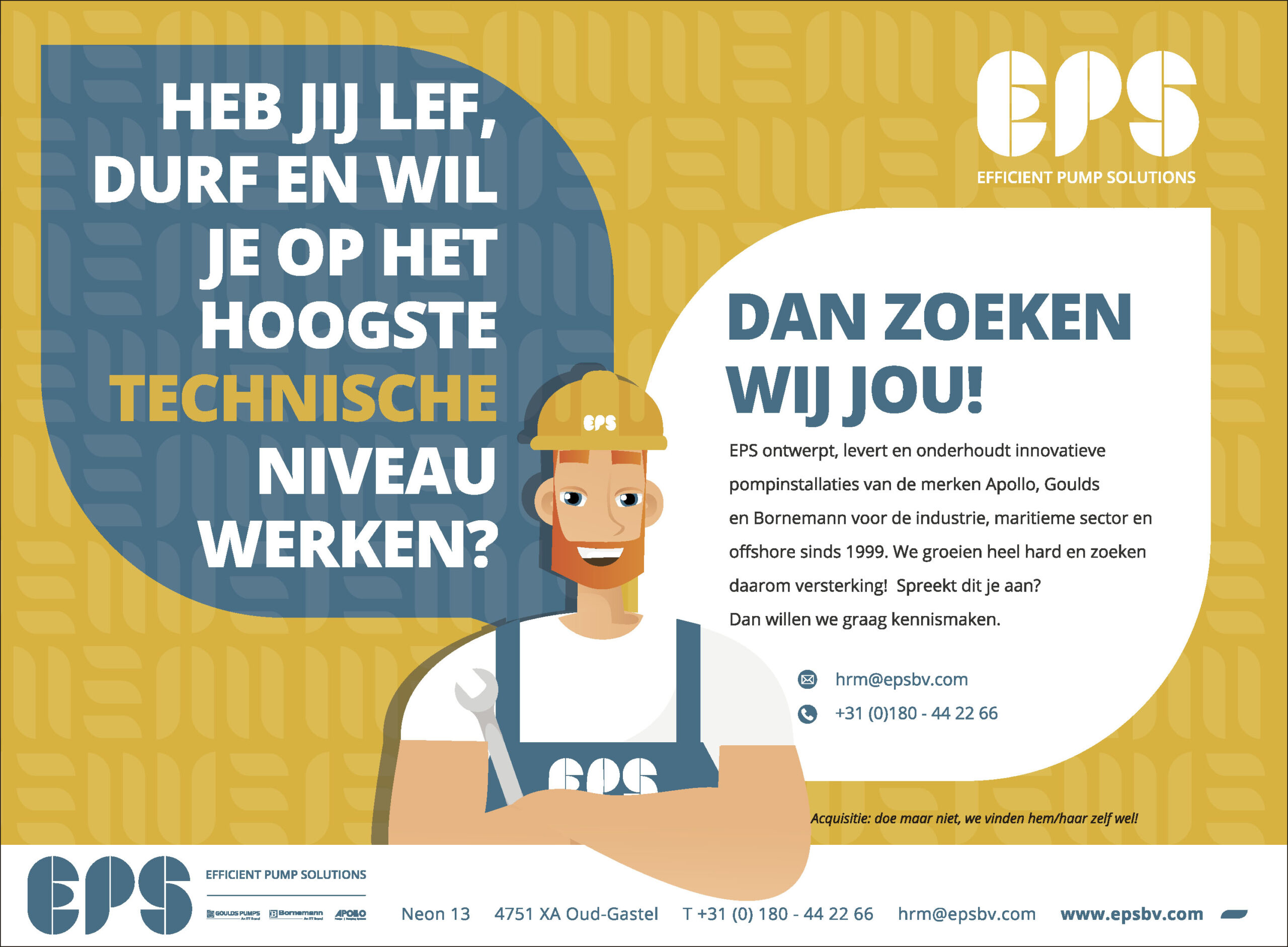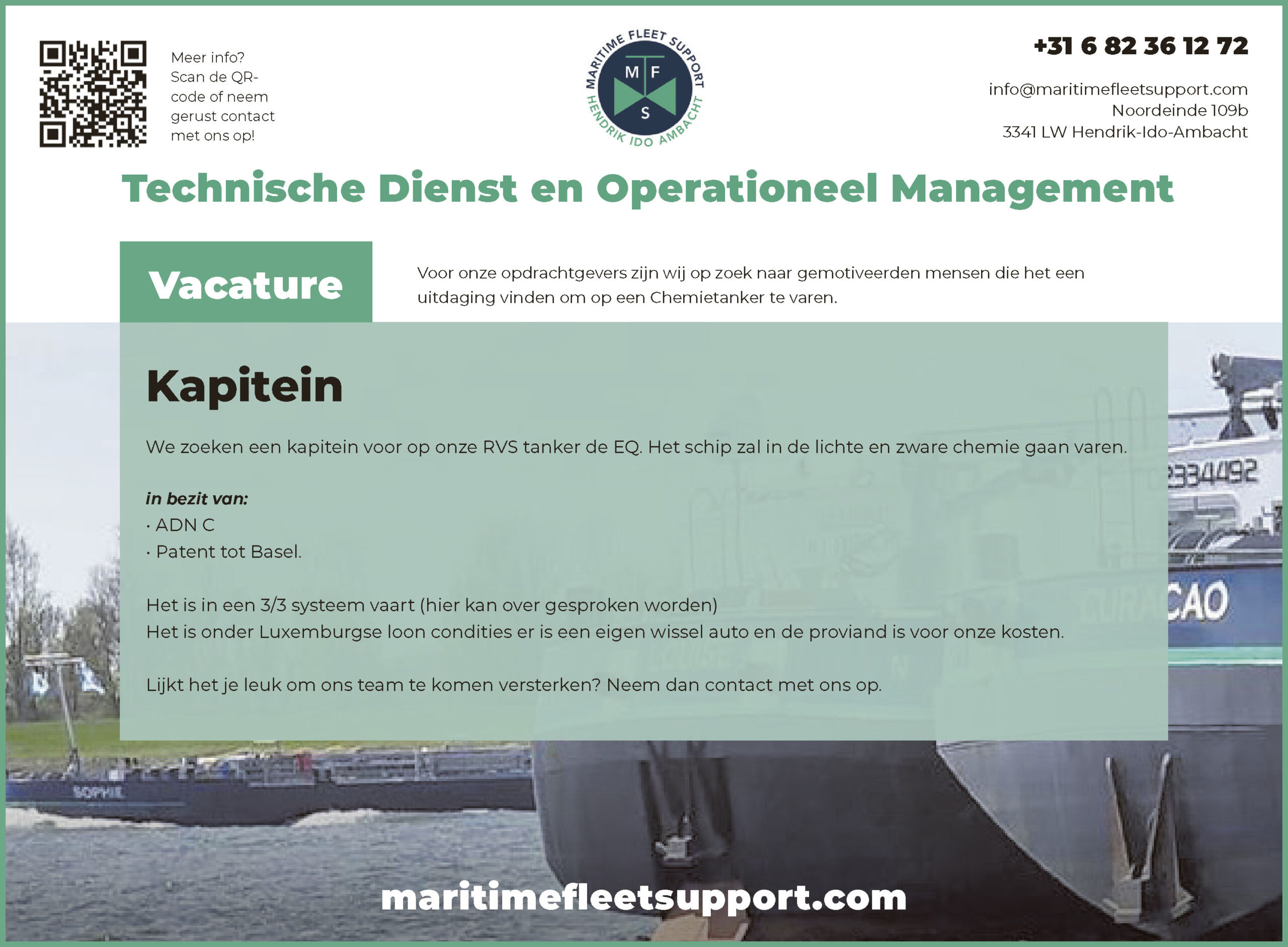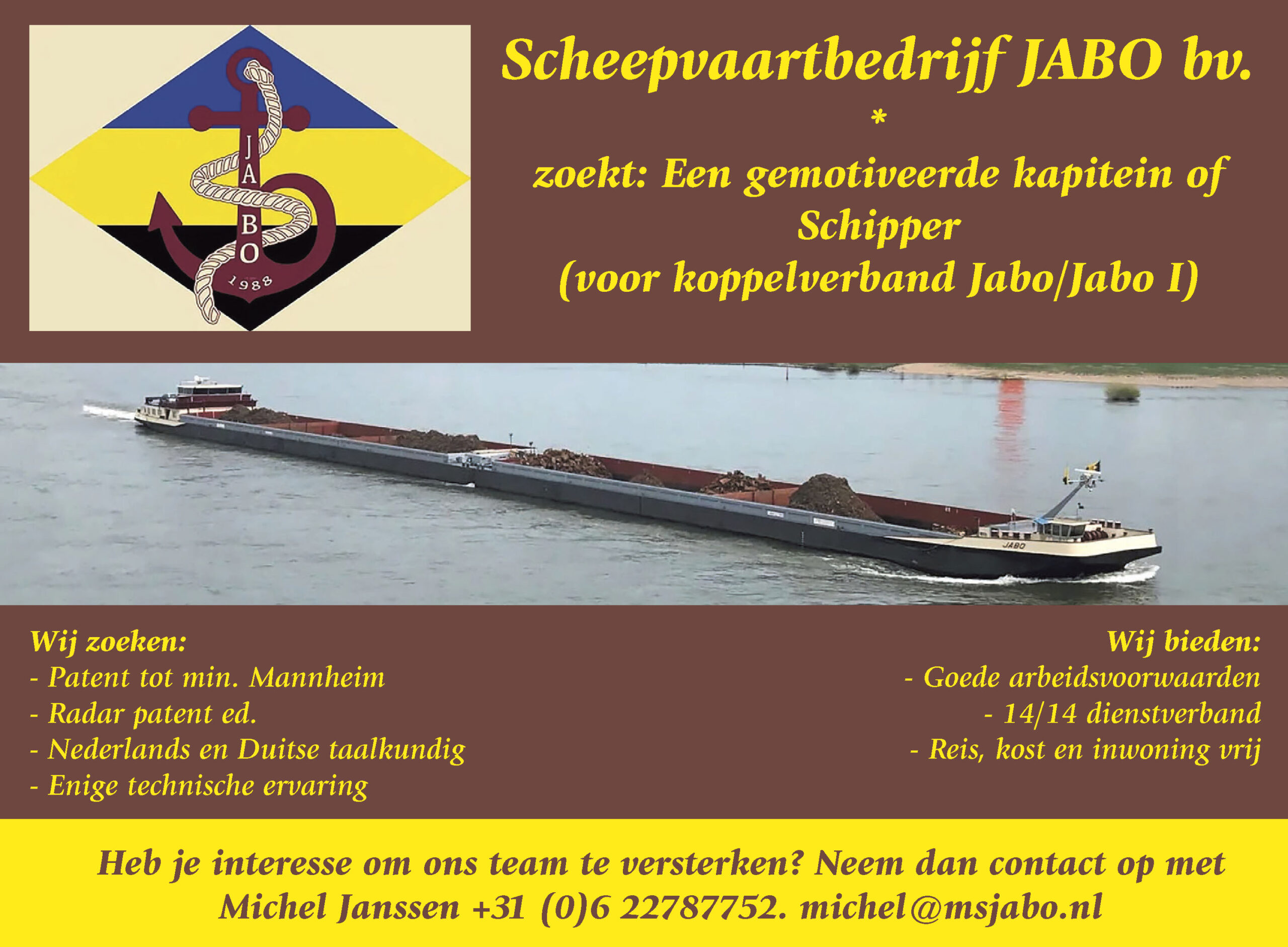The Smart Mobility Strategy (SSMS) seeks to increase the share of Inland Waterway Transport (IWT) by 25 % by 2030 and by 50 % by 2050. The European Commission in its recently published Communication on the SSMS underlines the importance of Inland Waterway Transport as sustainable mode of transport to realize its future sustainability goals. Based upon the Green Deal a key objective is to deliver a 90% reduction in transport-related greenhouse gas emissions by 2050.
EBU is fully supporting the Green Deal. In particular its aims to reduce transport emissions by shifting a substantial part of the freight carried by road today to inland waterway transport (IWT) which in the SSMS is underpinned by concrete and ambitious figures.
NAIADES III
In the Green Deal IWT is addressed as one of the modes that should take over higher volumes. To support this goal the European Commission proposes a new NAIADES III programme to tackle the challenge regarding the greening of the fleet. EBU counts on the support of the European Commission to fully tap the potential of IWT by concrete actions towards greening, digitalisation and integration in multimodal transport chains in this program.
Digitalisation as one of the main pillars of the strategy will play an important role to realise this goal. .EBU supports the aim of future paperless transport as well as the review of the Combined Transport Directive.
IWT as enabler to deliver the Green Deal
Inland Waterway Transport is known as an energy efficient, safe and sustainable alternative to other transport modes. It contributes to decongesting overloaded road networks for cargo and people. A better integration of inland navigation into transport chains and shifting higher volumes to inland waterway transport will substantially contribute to realise the Green Deal. The IWT is prepared to take over much higher volumes and to substantially increase its share in the coming years.
EBU welcomes the Sustainable and Smart Mobility Strategy
